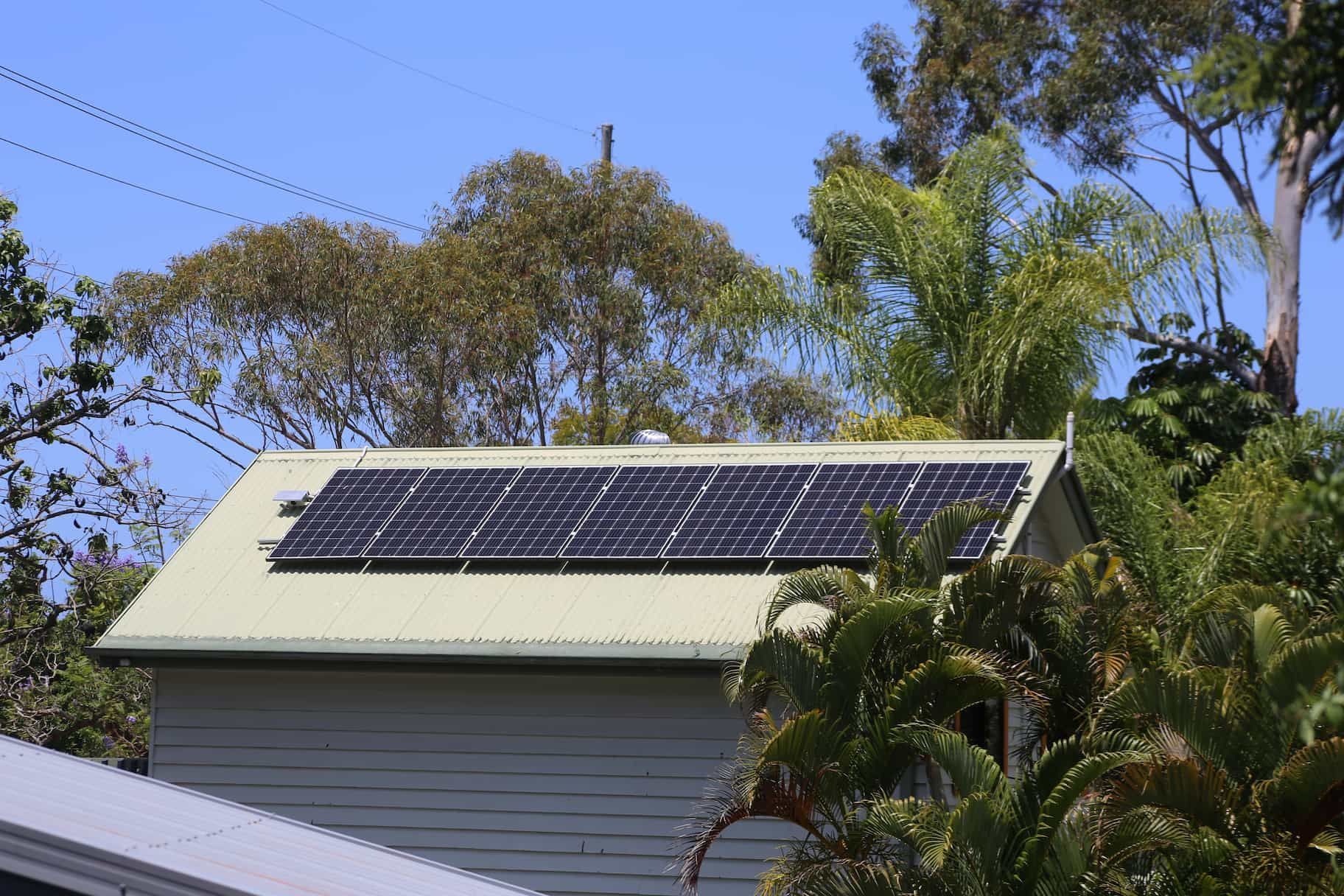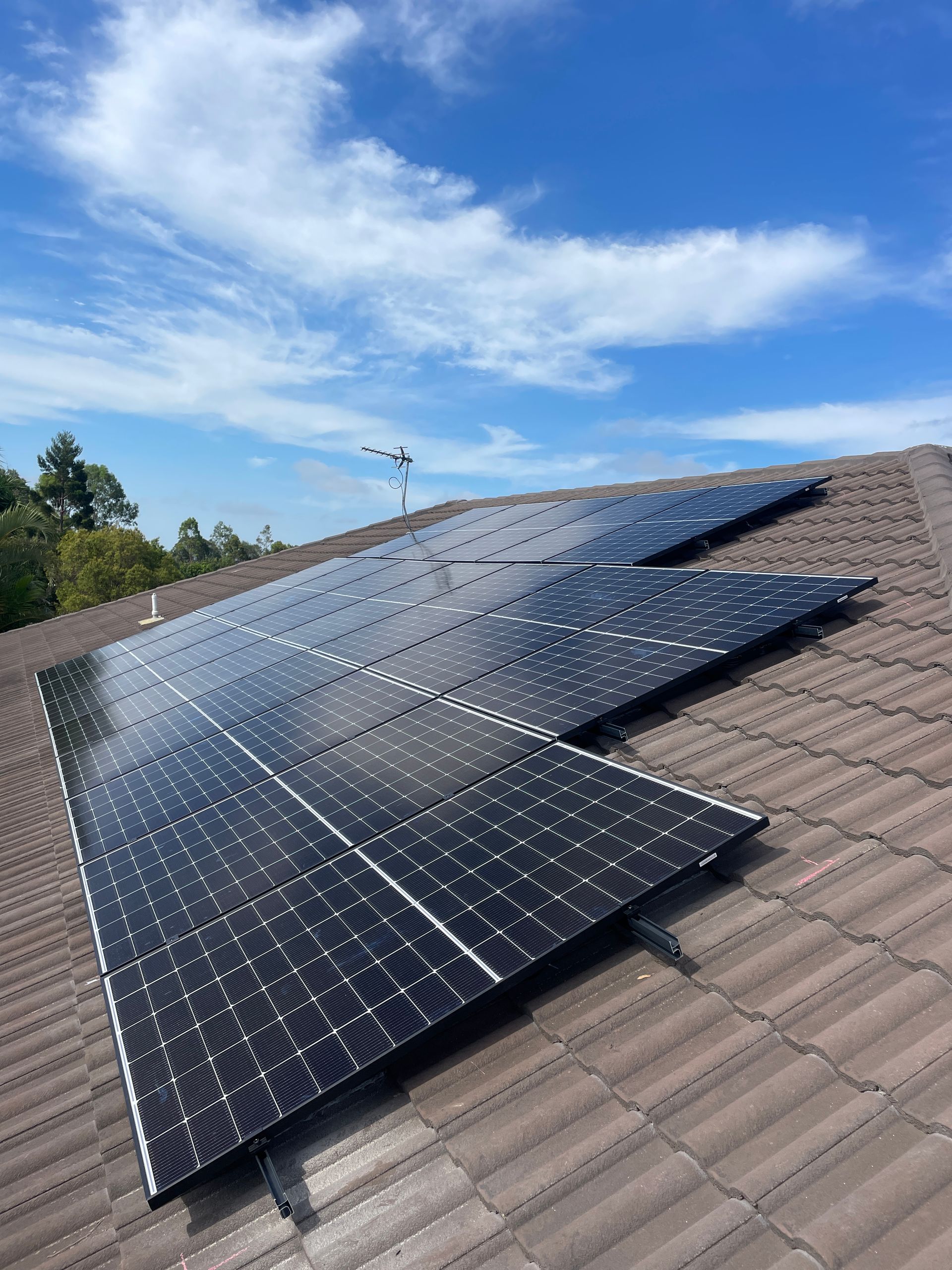Should I Repair or Replace My Air Conditioner?
Deciding whether to replace or repair your air conditioner is a significant decision for any homeowner. This choice not only affects your immediate comfort but also has long-term implications for your energy costs and the value of your home. In this blog post, we'll explore the factors that will influence your decision, providing you with the information needed to make an informed choice.
Assessing the Age of Your Air Conditioner
The age of your air conditioner is a critical factor in deciding whether to repair or replace it. The average lifespan of an air conditioner is about 15 to 20 years. If your unit is approaching or has surpassed this age range, it may be more cost-effective in the long run to invest in a new, more efficient model. However, if your unit is significantly younger, a repair might be the more economical choice, assuming the issue is not severe.
Considering the Cost of Repairs
A general rule of thumb is the "50% rule." If the cost of repairs approaches 50% of the value of your air conditioner, replacement might be the more financially viable option. This calculation should take into account the immediate cost but also potential future savings from reduced energy bills and the likelihood of needing additional repairs in the future.
Evaluating Energy Efficiency
Energy efficiency has become a crucial consideration in the repair or replace debate. Older air conditioners are significantly less efficient than the models available today. If your current unit has a low SEER (Seasonal Energy Efficiency Ratio) rating, upgrading to a newer model could lead to substantial savings on your energy bills. The upfront cost of a new unit could be offset by these savings over time.
Frequency of Breakdowns
If your air conditioner has required frequent repairs in recent years, this is a strong indication that it's nearing the end of its useful life. Frequent breakdowns not only become a financial burden but also compromise your comfort during hot weather. In such cases, replacing your unit could save you money and hassle in the long run.
Home Comfort and Air Quality
An old or malfunctioning air conditioner can struggle to maintain a consistent temperature, manage humidity levels or filter out pollutants from your indoor air. If you've noticed a decline in your home's comfort or air quality, a new air conditioner could provide significant improvements. Modern units offer advanced features like better humidity control, quieter operation, and improved air filtration systems.
The Benefits of Repairing Your Air Conditioner
Cost-Effective Solution for Minor Issues
Repairs can be a cost-effective solution for addressing minor issues that do not compromise the overall efficiency and functionality of the air conditioning unit. For relatively new systems that are still within their expected lifespan, repairs can extend the unit's life without the need for a significant investment.
Quick Fixes to Restore Comfort
In many cases, repairs can be completed quickly, restoring your home's comfort levels without the downtime associated with selecting and installing a new system. This is particularly beneficial during peak seasons when you rely heavily on your air conditioning.
Warranty Coverage
If your air conditioner is still under warranty, you may be entitled to free or discounted repairs. This can significantly reduce your out-of-pocket expenses and is a crucial factor to consider when deciding between repair and replacement.
The Benefits of Replacing Your Air Conditioner
Improved Energy Efficiency
New air conditioners come with higher SEER ratings, reflecting improved energy efficiency compared to older models. This can lead to significant savings on your energy bills, making the initial investment in a new unit more cost-effective over time.
Enhanced Comfort and Air Quality
Modern air conditioners offer superior performance in terms of cooling power, humidity control and air filtration. Upgrading to a new unit can significantly improve the comfort and air quality of your home, contributing to a healthier living environment.
Reduced Environmental Impact
Newer air conditioning models are designed with a focus on sustainability, using eco-friendly refrigerants and more efficient technology. By replacing an old unit with a modern system, you can reduce your carbon footprint and contribute to environmental conservation efforts.
Long-Term Savings and Reliability
While the upfront cost of a new air conditioner may be higher than repairing an existing unit, the long-term savings in energy costs and reduced repair expenses can make replacement the more economical choice in the long run. Additionally, a new unit will typically come with a warranty, offering peace of mind and protection against future costs.
Conclusion
The decision to repair or replace your air conditioner involves the careful consideration of several factors, including the age and condition of your unit, repair costs, energy efficiency and the impact on your home's comfort and air quality.
While repairs might be a cost-effective solution for newer units, replacing an old, inefficient air conditioner can offer long-term savings, improved comfort and a reduced environmental impact. For more information on what to do with your air conditioner, get in touch with JL Electrical Solutions on the Gold Coast.
Written By Josh Lys
Since 2015, Josh has helped Gold Coast locals with their residential, commercial and industrial electrical needs. From installing power points to cleaning air conditioners and helping customers harness the benefits of solar, Josh has extensive experience installing, repairing and maintaining even the most complex electrical systems and is fully licensed and insured.





